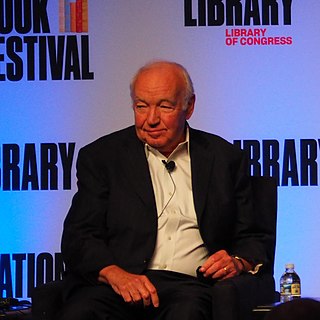A Quote by Nat Hentoff
[Margot Hentoff] was an editor there for a time as well as a writer.
Related Quotes
[Margot Hentoff] thinks - first of all, she - this I hear from a lot of people beside her. She thinks that men have no business getting into this argument at all unless they're going to be pro-choice. But it turns out that a fair number of fetuses are male, and besides that, we are all one part of humankind, it seems to me.

































